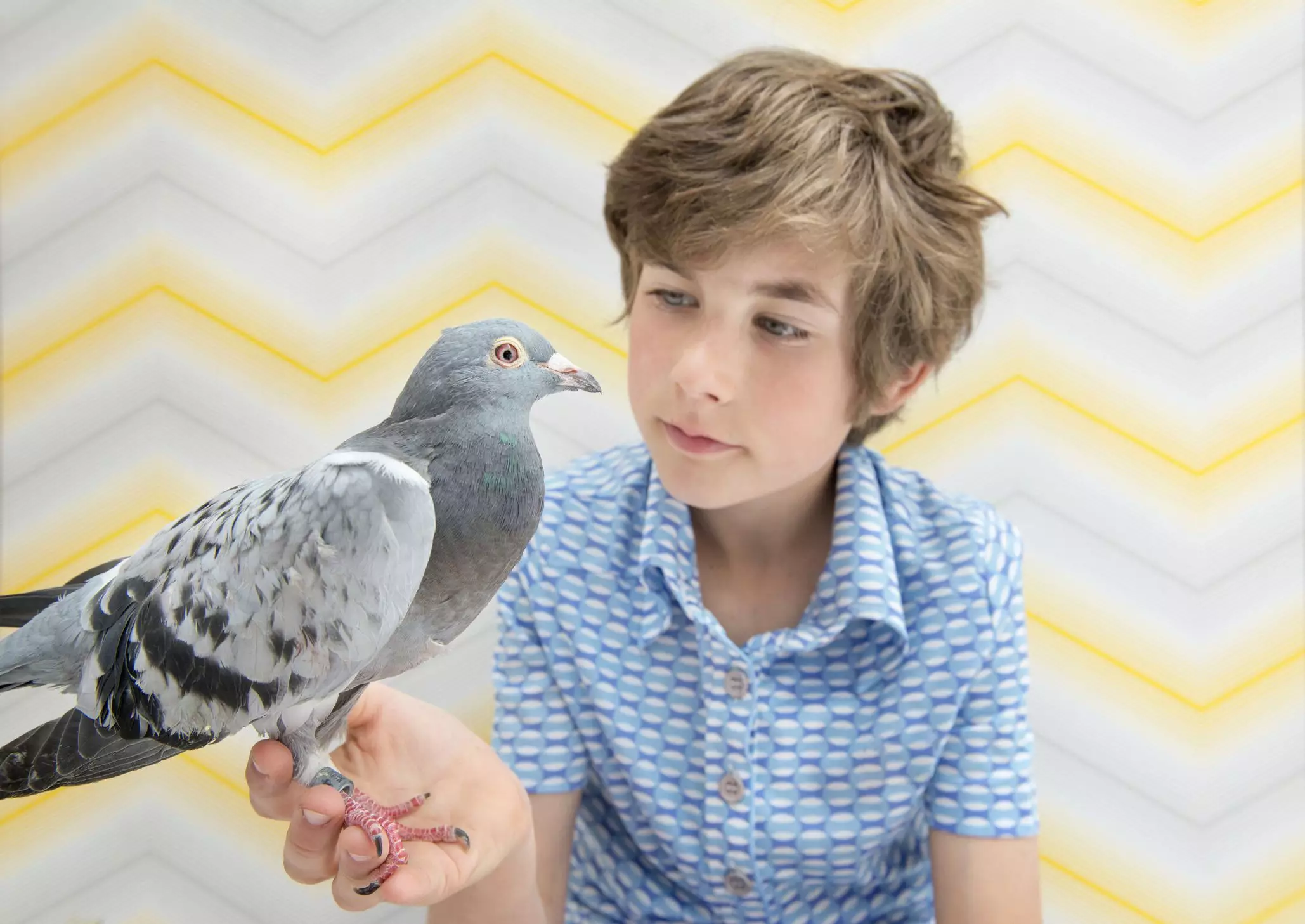Pigeons, often dismissed as mere urban nuisances, have carved a niche as popular companions for many bird enthusiasts. Their adaptability allows them to thrive in various environments, be it the wild or our meticulously curated homes. However, the beauty of keeping pigeons as pets comes hand-in-hand with the responsibility of addressing their health challenges, some of which can be severe. Understanding these common ailments, alongside their symptoms and treatments, is crucial for upholding the well-being of these birds.
Like all living creatures, pigeons are susceptible to various diseases that can impact their overall health. The ailments can manifest in numerous ways, from respiratory issues to gastrointestinal distress. Familiarizing oneself with these health concerns—ranging from canker and coccidia to various parasitic infections—is essential for any pigeon owner. For instance, canker, caused by the protozoan organism Trichomonas gallinae, primarily targets the throat and digestive system, leading to breathing difficulties and visible lesions. The social behavior of pigeons, such as sharing food and water, exacerbates the risk of transmission, making it vital for owners to maintain sanitary conditions to limit infections.
Moreover, a compromised immune system can amplify the effects of these diseases. Pigeons with canker may show signs like lethargy, weight loss, and diarrhea. Without prompt treatment, the situation can rapidly worsen. Therefore, having a keen eye for changes in behavior and physical condition can be the difference between swift recovery and serious health consequences.
Intestinal worms, including roundworms and tapeworms, represent another category of health hazards for pigeons. Worms can stealthily reside in the intestines, causing health issues that often go unnoticed until the situation has deteriorated. Owners might observe symptoms like unanticipated weight loss or diarrhea, yet might overlook the root cause—parasitic infestations. These organisms can be acquired through the pigeon’s diet and environmental interactions. Regular fecal examinations are recommended to monitor for worms, and medicated solutions are available to help eradicate these parasites.
Beyond intestinal worms, exterior parasites such as mites and lice can plague pigeons, causing discomfort and potential health risks. Signs of infestation may include visible irritation on the skin and unusual scratching behavior. Ignoring these external nuisances can lead to significant issues, including infection and blood loss. Owners should remain vigilant, employing medicated sprays or treatments to manage and prevent infestations.
Respiratory infections pose one of the most significant threats to the health of pigeons. These infections can arise from various etiological factors, including fungi, viruses, and bacteria, resulting in severe conditions that hinder the birds from breathing and flying properly. Symptoms can range from nasal discharge to open-mouth breathing, signaling immediate action is needed. Stressful environments and substandard living conditions can predispose pigeons to these infections, highlighting the importance of maintaining optimal living conditions free from dampness and crowding.
The pervasive nature of respiratory infections necessitates prompt veterinary intervention. Regular health checks can catch early signs, and consistent cleaning of the environment is critical to reduce the risk of inviting pathogens into the pigeons’ habitat.
Given the cooperative nature of pigeons, any illness can quickly affect multiple individuals in a shared environment. As such, an established relationship with a veterinarian who specializes in avian care is invaluable. A vet can guide owners on preventative measures, recommend treatments, and help navigate the complexities of pigeon health management. Furthermore, understanding common ailments—like chlamydia and mycoplasma, both of which can exacerbate respiratory conditions—will empower owners to better protect their feathered companions.
With effective communication and the right resources, pigeon owners can ensure a longer, healthier life for their pets. Whether through regular health checks, clean living spaces, or immediate veterinary attention at the first sign of illness, proactive measures can make a significant difference.
Pigeon ownership is intertwined with the responsibility of maintaining their health. Awareness of common diseases, understanding potential stressors, and regular veterinary consultations are pivotal in nurturing a thriving pigeon population. Caring for these birds is not merely about companionship but also about upholding their well-being and safeguarding them against the myriad challenges they may face.


Leave a Reply